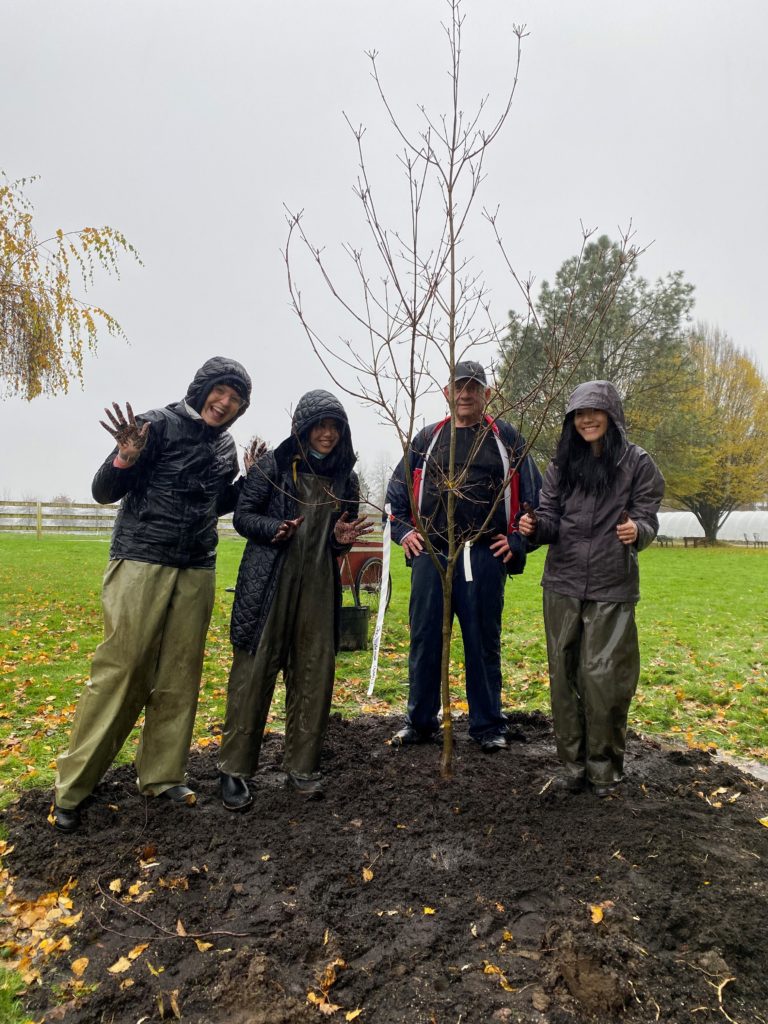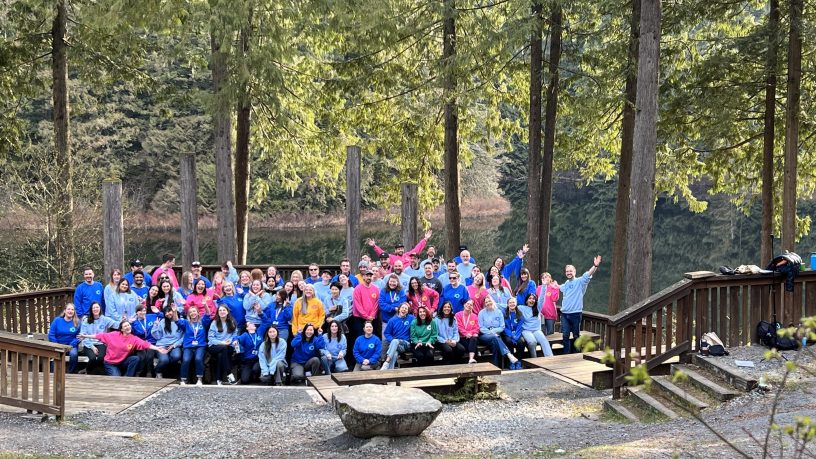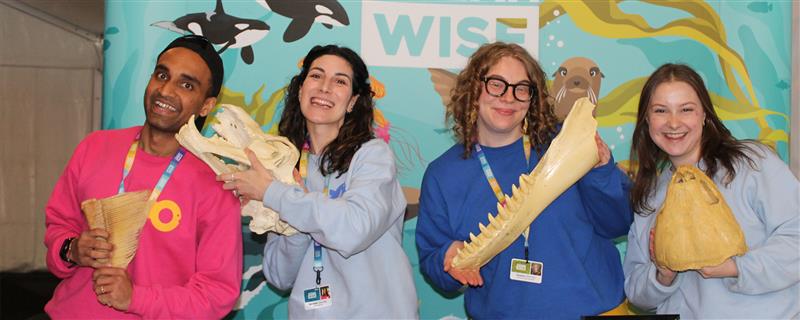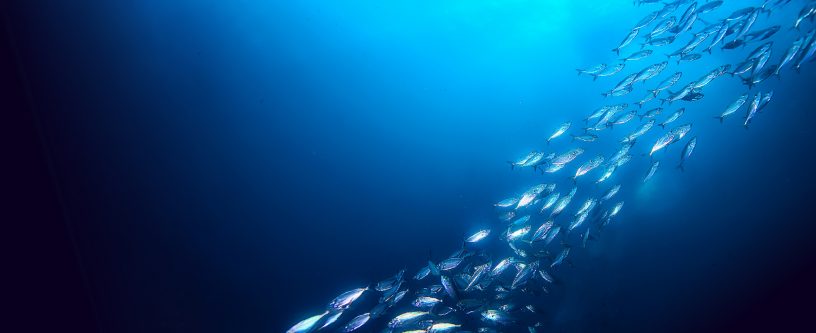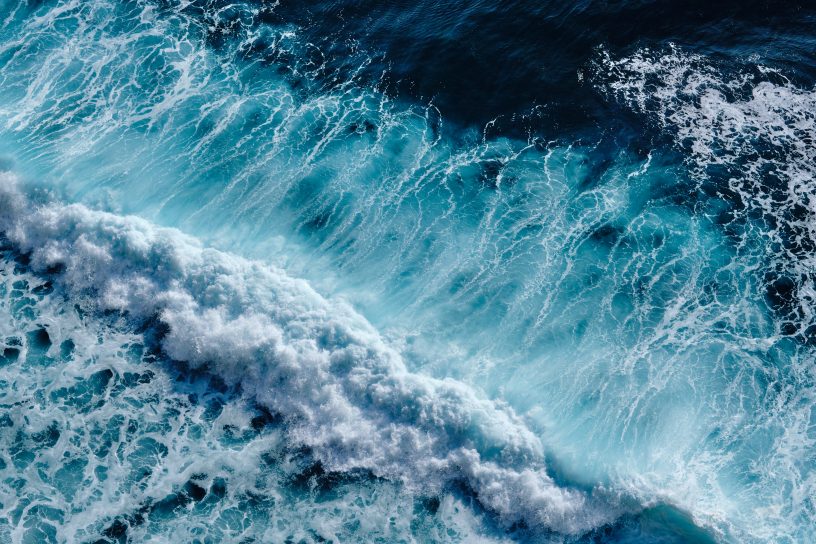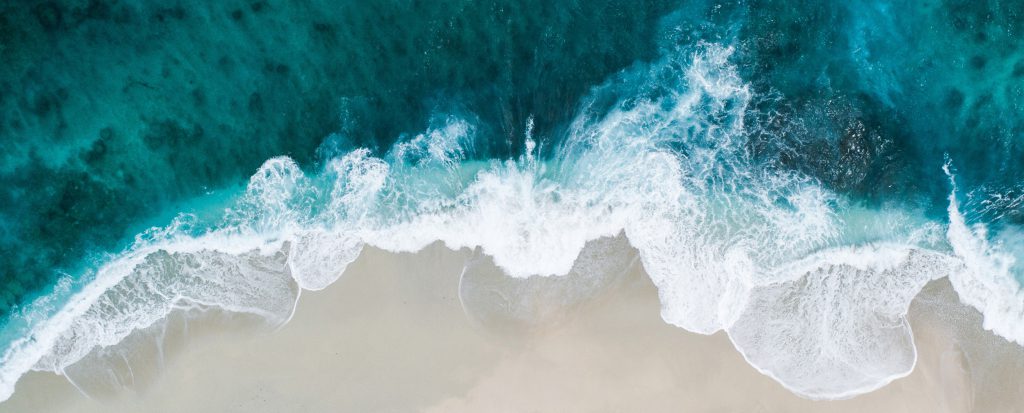
Cave Diving with Jill Heinerth, a Q&A
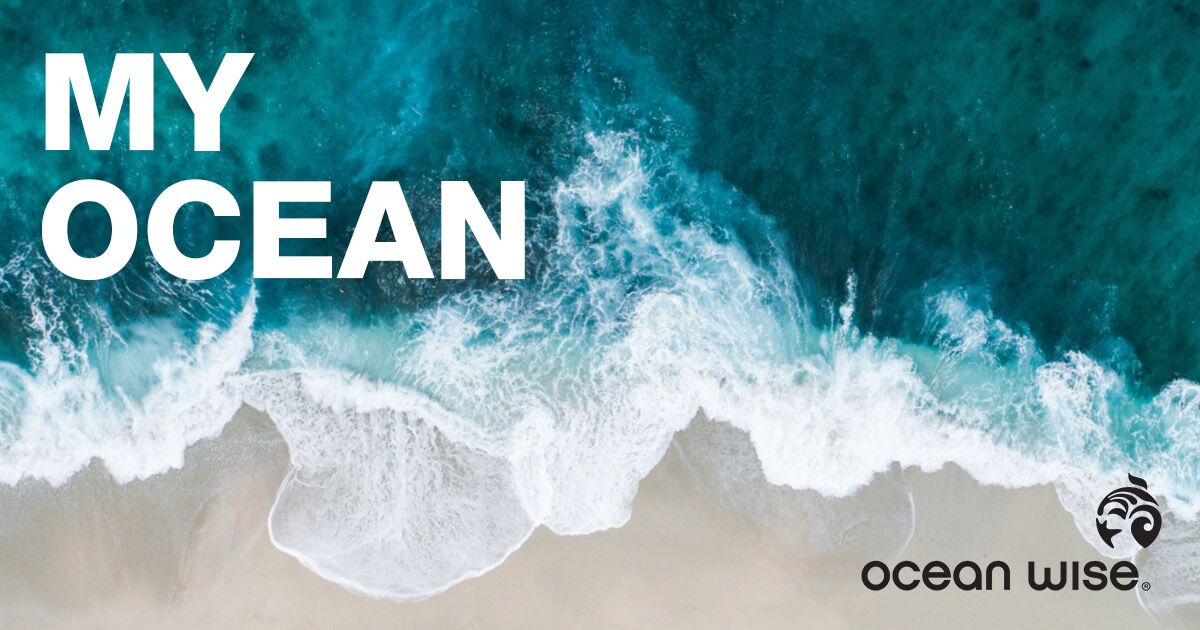
Jill Heinerth is the inaugural Explorer-in-Residence for the Royal Canadian Geographical Society and a renowned cave diver. Her adventures have taken her under the Sahara Desert, inside an iceberg in Antarctica and through submerged caves in places like The Bahamas, Mexico and Australia.
She’s also been one of our guests on My Ocean podcast. Below is an excerpt from our conversation with her and you can listen to the full episode here or in Apple Podcasts, Google Podcasts, Spotify or wherever you get your podcasts.
Q: Can you describe for me what it’s like when you’re entering an underwater cave?
Jill: I’ll tell you about my most recent dive just a couple of days ago. I was at Blue Hole Springs in Florida filming a National Geographic program. And when you jump into this beautiful, turquoise spring the first thing you see is about 6-foot deep water with beautiful eelgrass just kind of waving in the flow and then a hole in the bottom of the spring. So it’s sort of like being in a sink and you’re about to go down the drain. You have to kick really hard to go down this hole and then you’re in this giant bell-shaped room that opens up to very vast proportions and drops down to about 15 to 18 metres deep at the bottom. And when you’re at the bottom of this hole there’s a shaft of sunlight that just comes cascading down the hole, illuminating the space like a cathedral. From there then the cave goes laterally, like fingers into the Earth, like the branches of a tree. And you’re following these conduits, these openings in the rock that have been carved out by the force of this running water. And it’s floor-to-ceiling water filled, so I’m swimming through these incredible places.
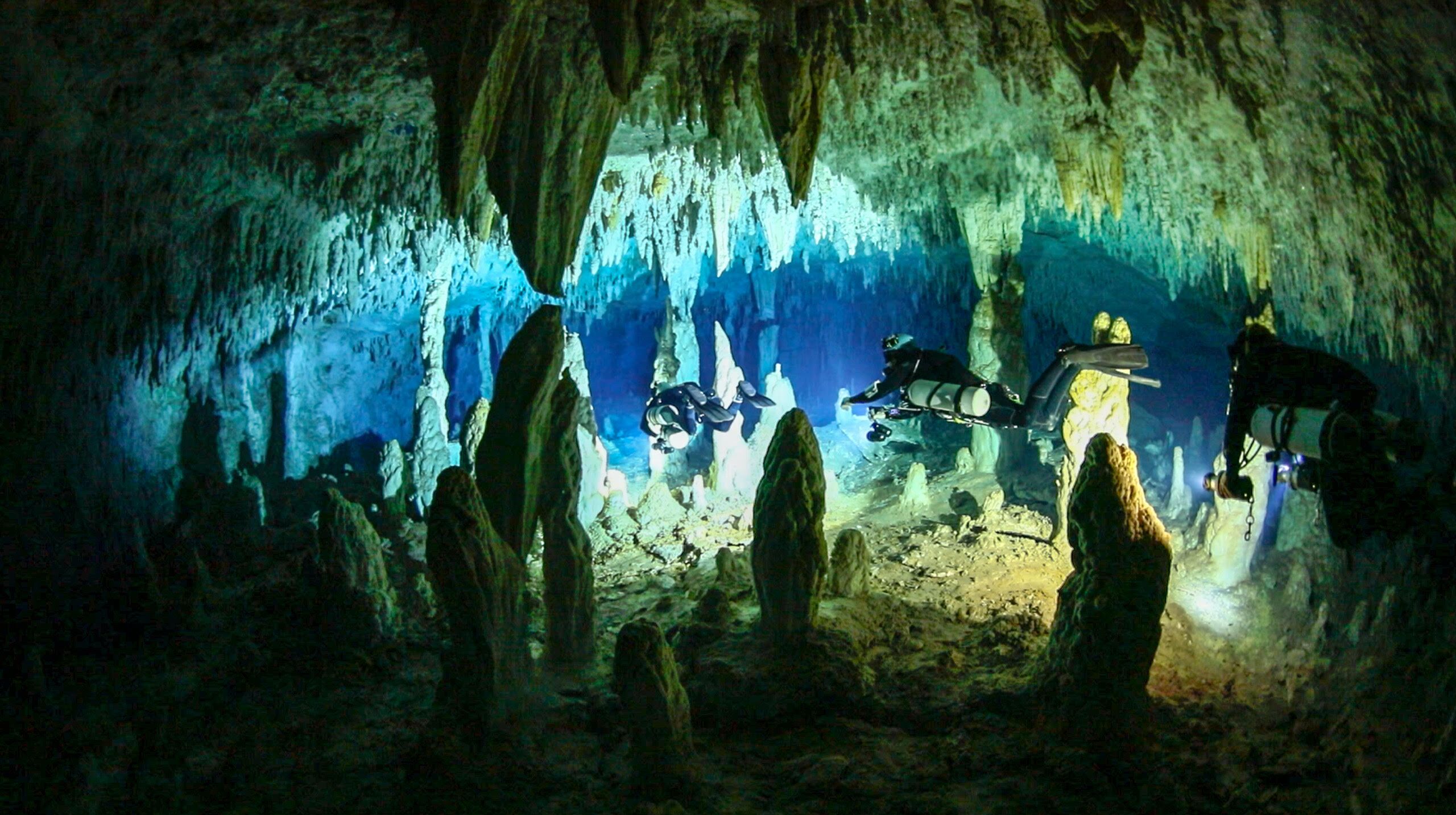
Q: When you’re pushing through that water, are you excited? Are you a little bit nervous? What is going through your mind?
Jill: Before I go diving there’s always a bit of nerves and that’s because I’m slowly thinking through the risks associated with a particular dive, like what could go wrong with my equipment? What could go wrong with the environment or my dive buddy? But I work through all those things in my head before I get in the water so that I have enough equipment, enough training, the ability to take care of myself the ability to take care of my diving partner, no matter what happens. So when I’m actually submerged I’m free of all of that stress and then I’m just really present in the moment. If something terrible happens and goes wrong I’ve already rehearsed it very recently so I know exactly what to do.
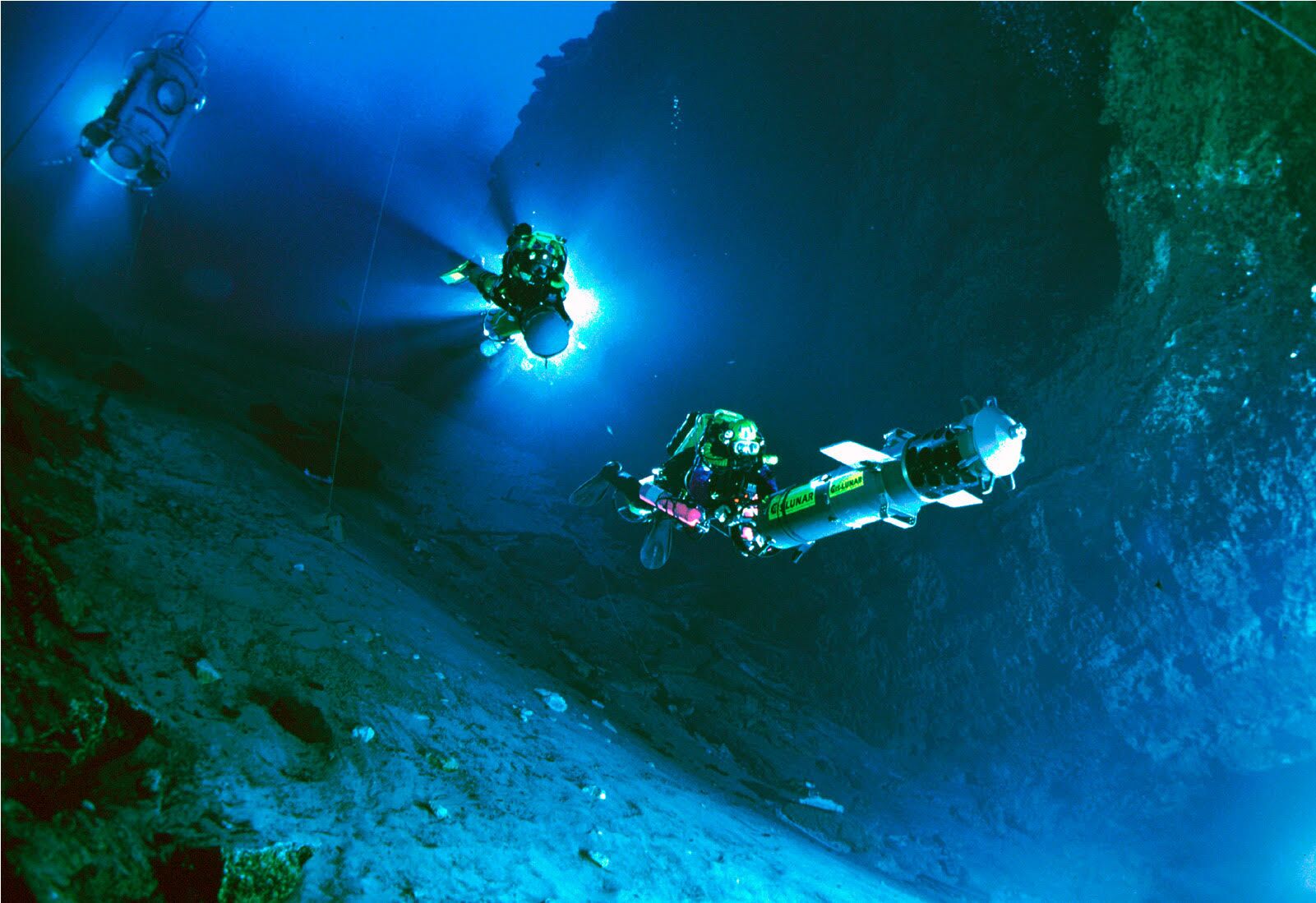
Q: What did you want to be when you grew up?
Jill: An astronaut. I grew up watching the Apollo missions. As a kid in kindergarten, we would get herded into the school library – we had one black and white television the size of my laptop – and a couple hundred kids would watch it and see this little rover driving around on the surface of the Moon. And I thought, oh my God I want to do that. But we didn’t have a space program in Canada, or female astronauts, so I guess I ended up being an inner earth explorer instead of outer space explorer.
Q: You’ve been doing this for a long time. What have you seen that’s changed?
Jill: So much. When it comes to my work in the polar regions, I’m shocked every time I go back, every season, to see just how rapidly the Arctic is changing. The changes in the sea ice, the adaptation of the local people, as well as the adaptation the animals are facing.
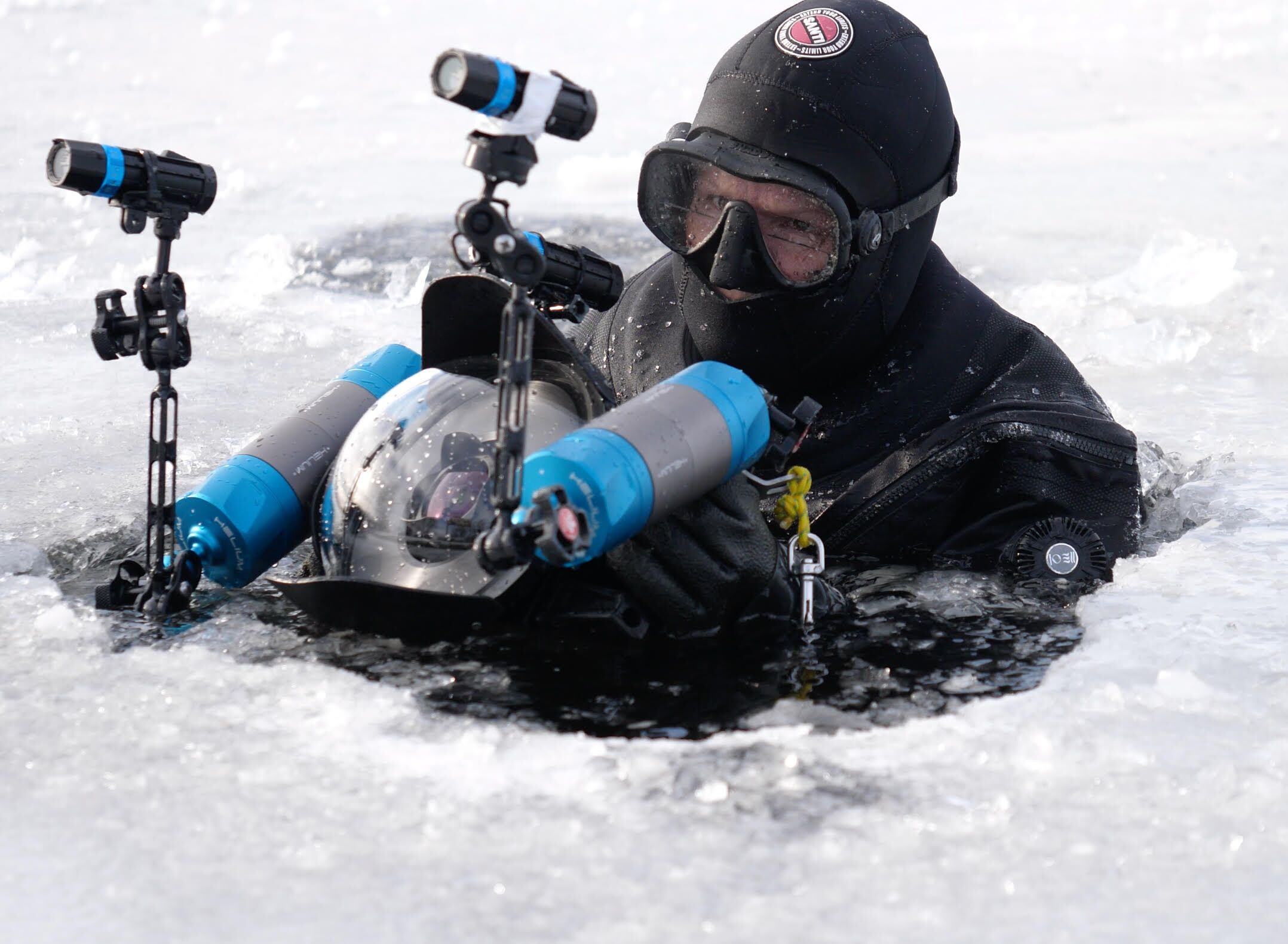
Q: What do you always say to a group of people to get them excited about waterways, and the oceans and lakes and rivers that you get to spend so much time in?
Jill: It’s fun, especially with the younger set, to talk about the importance of exploration and discovery. They look at what I do and see it as terrifying, but I try to encourage them, and adults too, to step into that darkness, let their eyes adjust to the light and that’s where they stand on the edge of exploration. And they have an opportunity to do something new for themselves, or maybe something that’s never been done for humanity. And that’s where really special things happen.
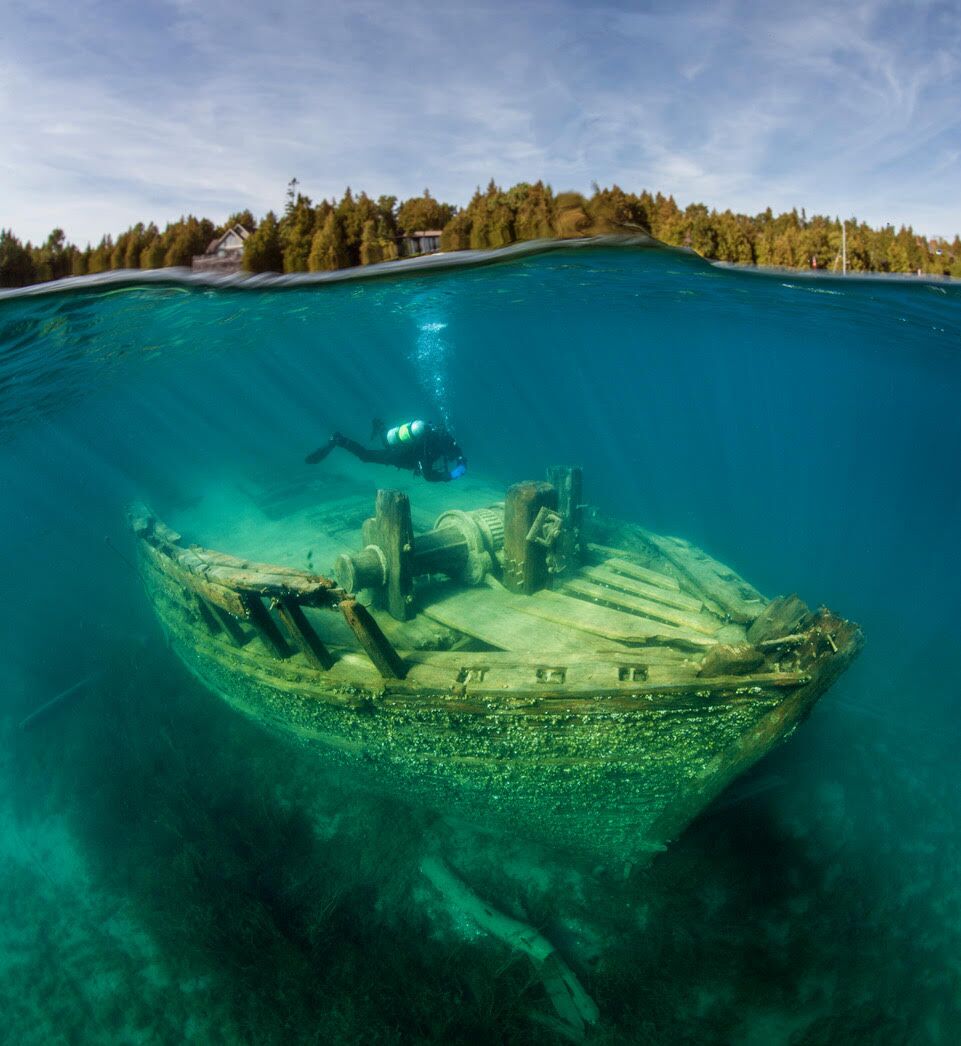
This interview has been edited and condensed.
Posted February 4, 2019 by Ocean Wise
